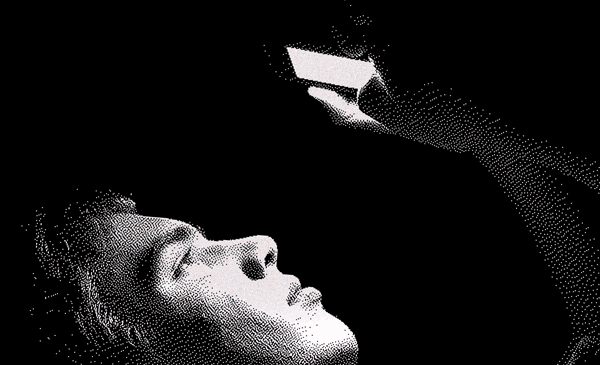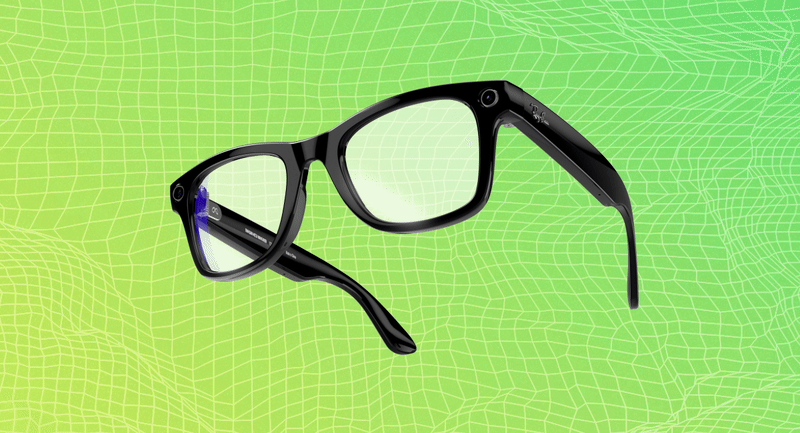7 Technologies to Help You Sleep Better

Numerous studies have shown us how important sleep can be. Not only does it revitalize our bodies, it also gives the brain time to sort through all the information it has received throughout our hectic day. Sleep deprivation, and a lack of quality sleep, can lead to weight problems, high blood pressure, and a weaker immune system (amongst a host of other issues).
With our lives becoming increasingly mobile and multi-task oriented, getting the recommended eight hours can be difficult, and even when we do, the quality of our sleep might not be all that it should be. To combat a very physical and human problem, here are seven humanizing technologies, from apps to standalone devices, that can aid us in getting a better night’s sleep.
Apps:
Proactive Sleep

Proactive Sleep is a multifunction sleep app that includes basics like an alarm clock with snooze feature and ambient music. It also includes a more comprehensive “sleep diary” that lets users track their amount of sleep, difficulty falling asleep, exercise, caffeine consumption and more. The data is averaged and can be viewed in seven day cycles, 30 day cycles, or all days.
Sleep Cycle Alarm Clock
If you’re really committed to learning more about your sleep habits, Sleep Cycle Alarm Clock provides you with a tool for analyzing your sleep habits. By literally placing the iPhone next to you while you sleep, the app will monitor your movement and wake you in your lightest sleep phase so you arise feeling refreshed and well-rested.Wearable:
Nyx Somnus Sleep Shirt

A nightshirt embedded with fabric electronics to monitor the wearer’s breathing patterns. A small chip worn in a pocket of the shirt processes that data to determine the phase of sleep, such as REM sleep (when we dream), light sleep, or deep sleep.
Fitbit

A wireless-enabled wearable device that measures data such as the number of steps walked, quality of sleep, and other personal metrics.
Jawbone Up

A motionX powered GPS enabled health monitoring device which tracks the persons steps, sleep and its quality and food. It also features a “challenges” social feature where anybody using a UP can add challenge to be accepted by other users.
Standalone Devices:
Zeo
An alarm clock that monitors sleep states (e.g.,REM) and attempts to wake people up in the best stage of sleep. The state of sleep is detected by a headband and a bedside base unit awakens the sleeper during the last light sleep phase before the desired waking time.
BAM Labs Smart Bed Monitoring Device

BAM Labs® Touch-free Life Care™ (TLC) System brings “smart” to the bed. The BAM Labs® TLC under mattress sensor and HIPAA-compliant cloud monitoring platform transforms any bed into a smart bed. The FDA registered TLC System empowers healthcare professionals and caregivers to easily and efficiently monitor essential health information wirelessly anytime and from anywhere – without attaching anything to the patient or resident.







